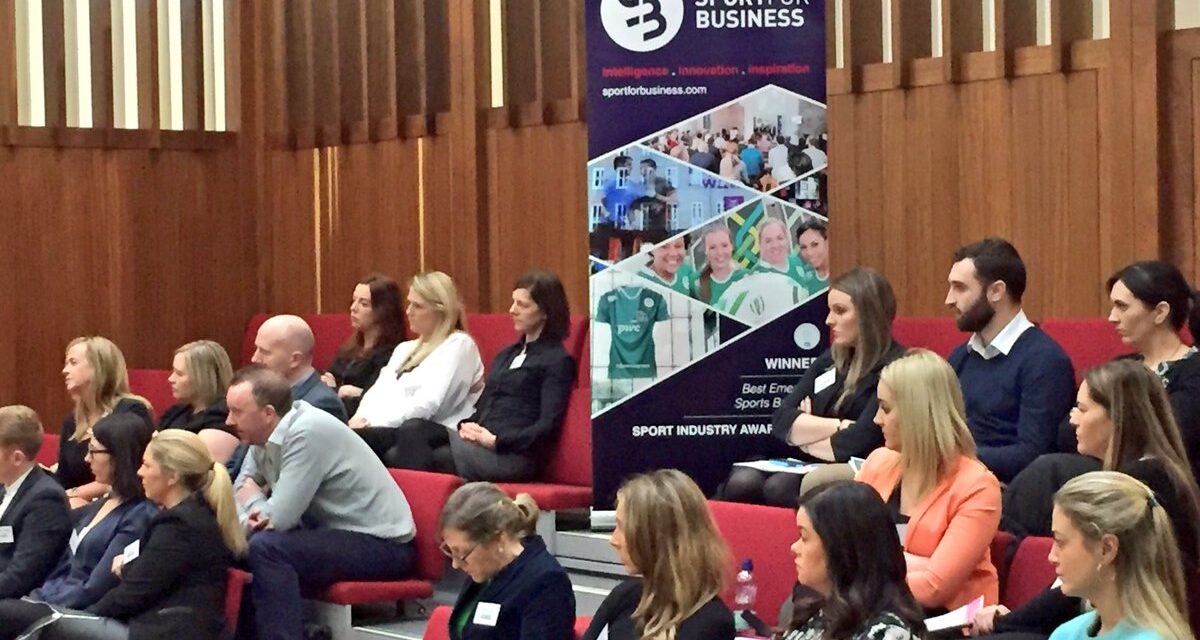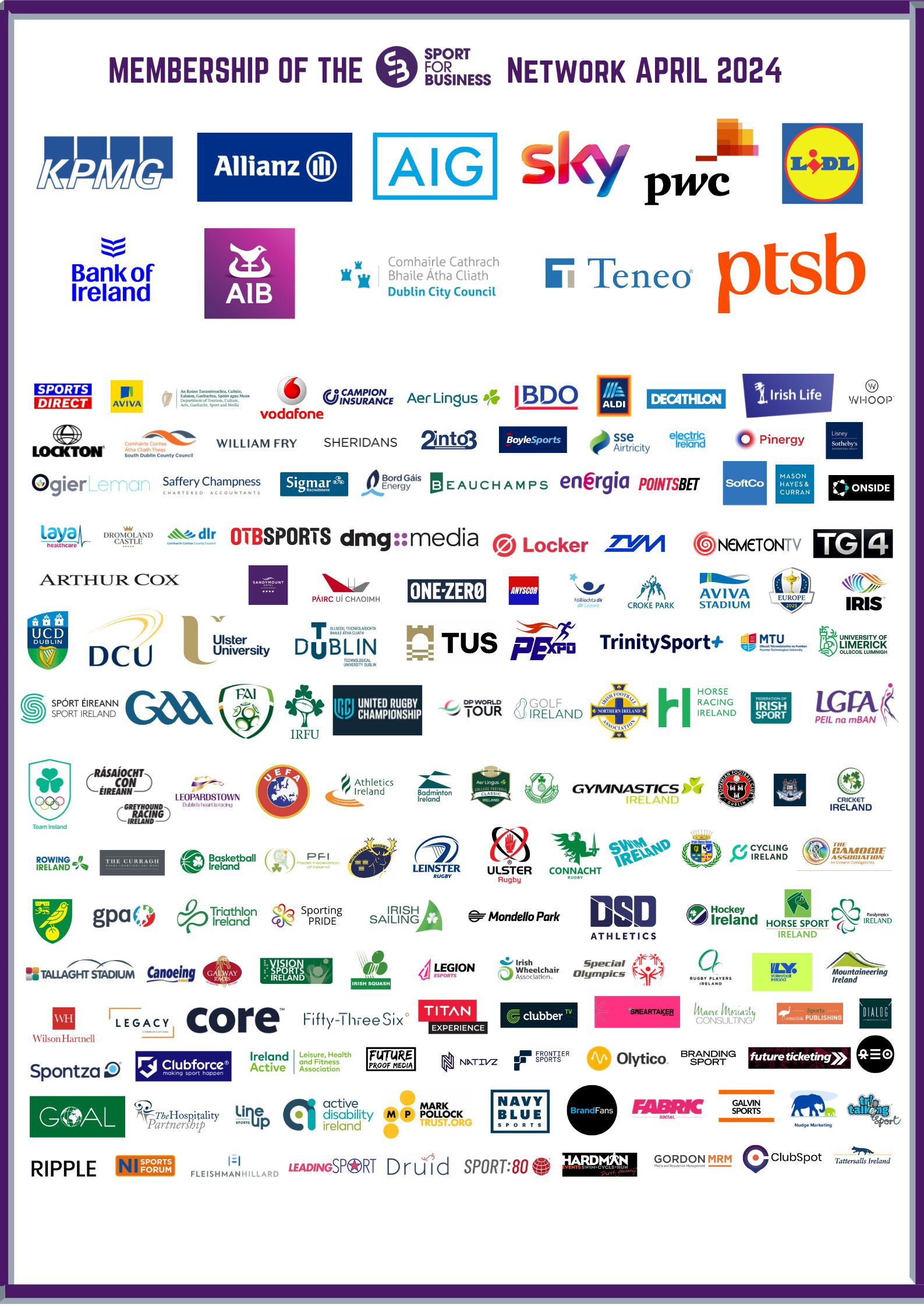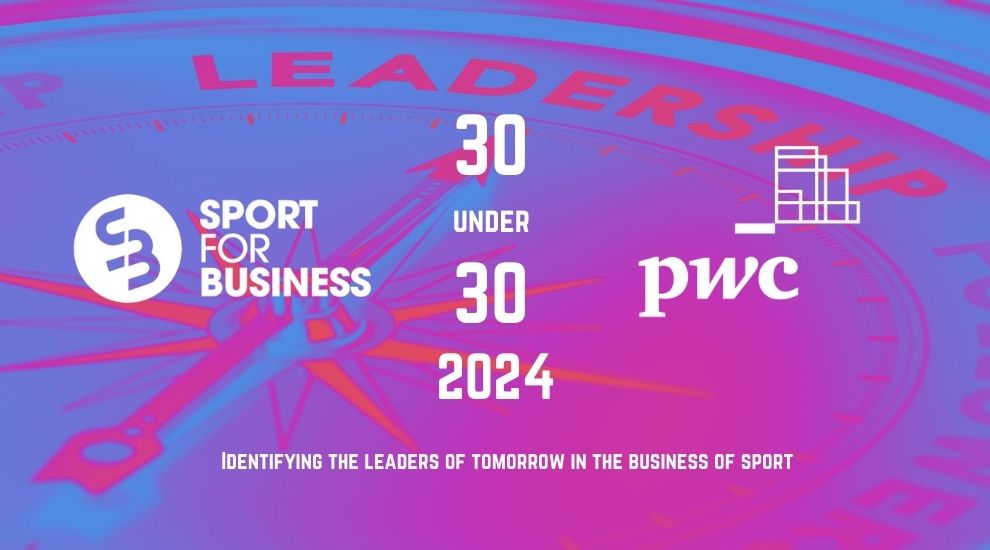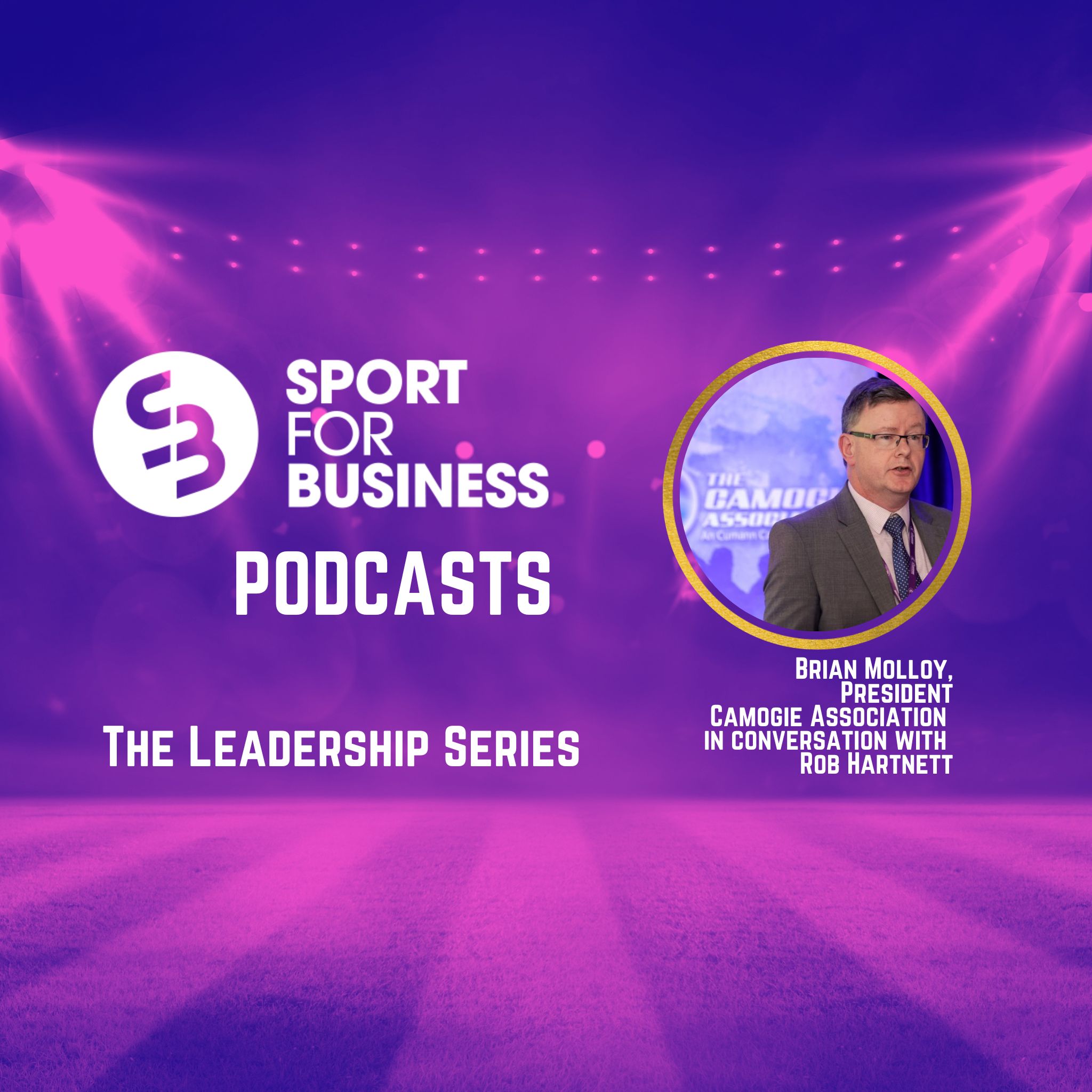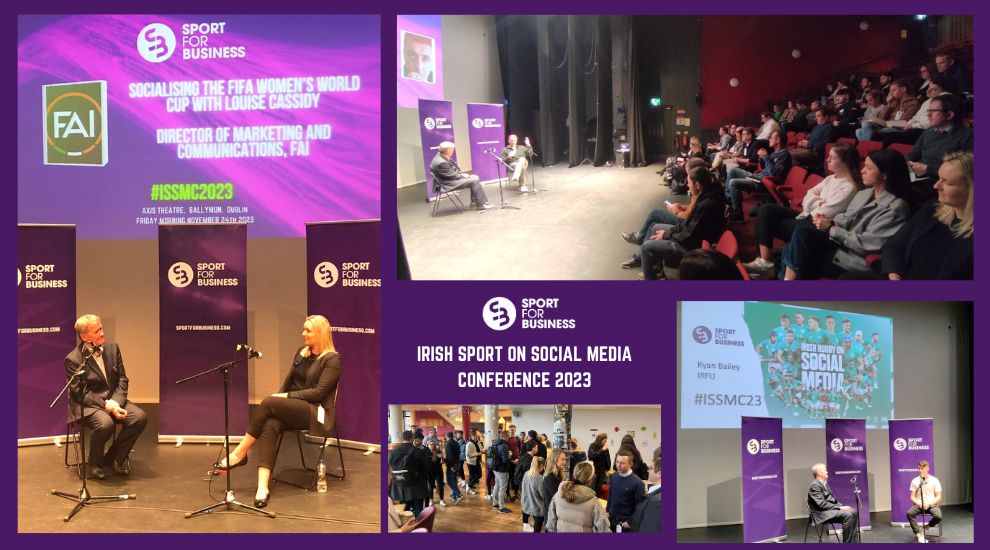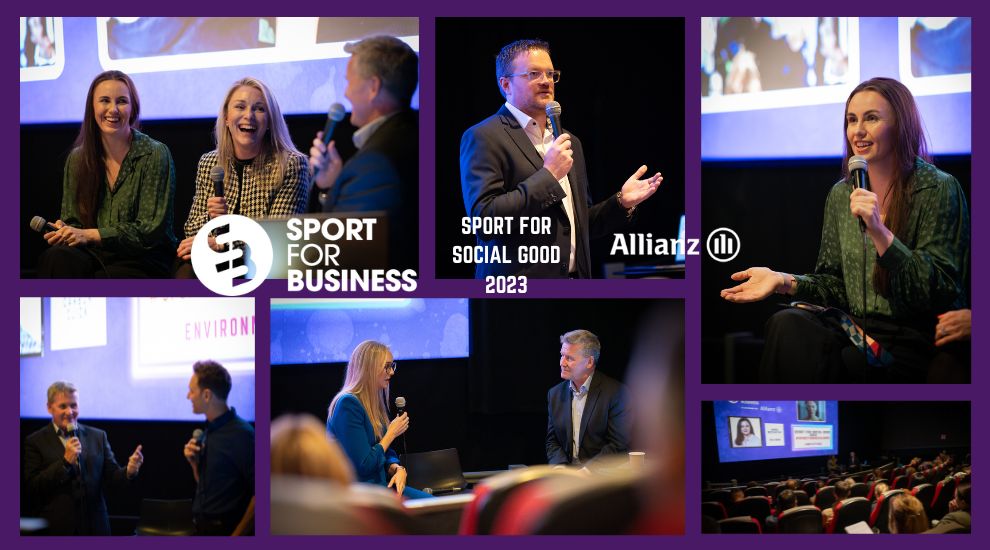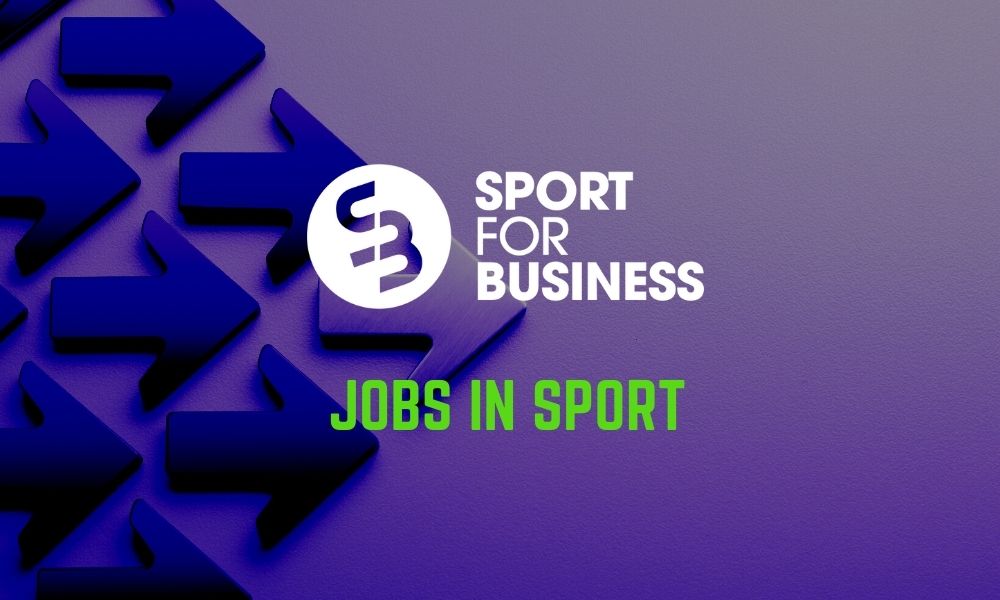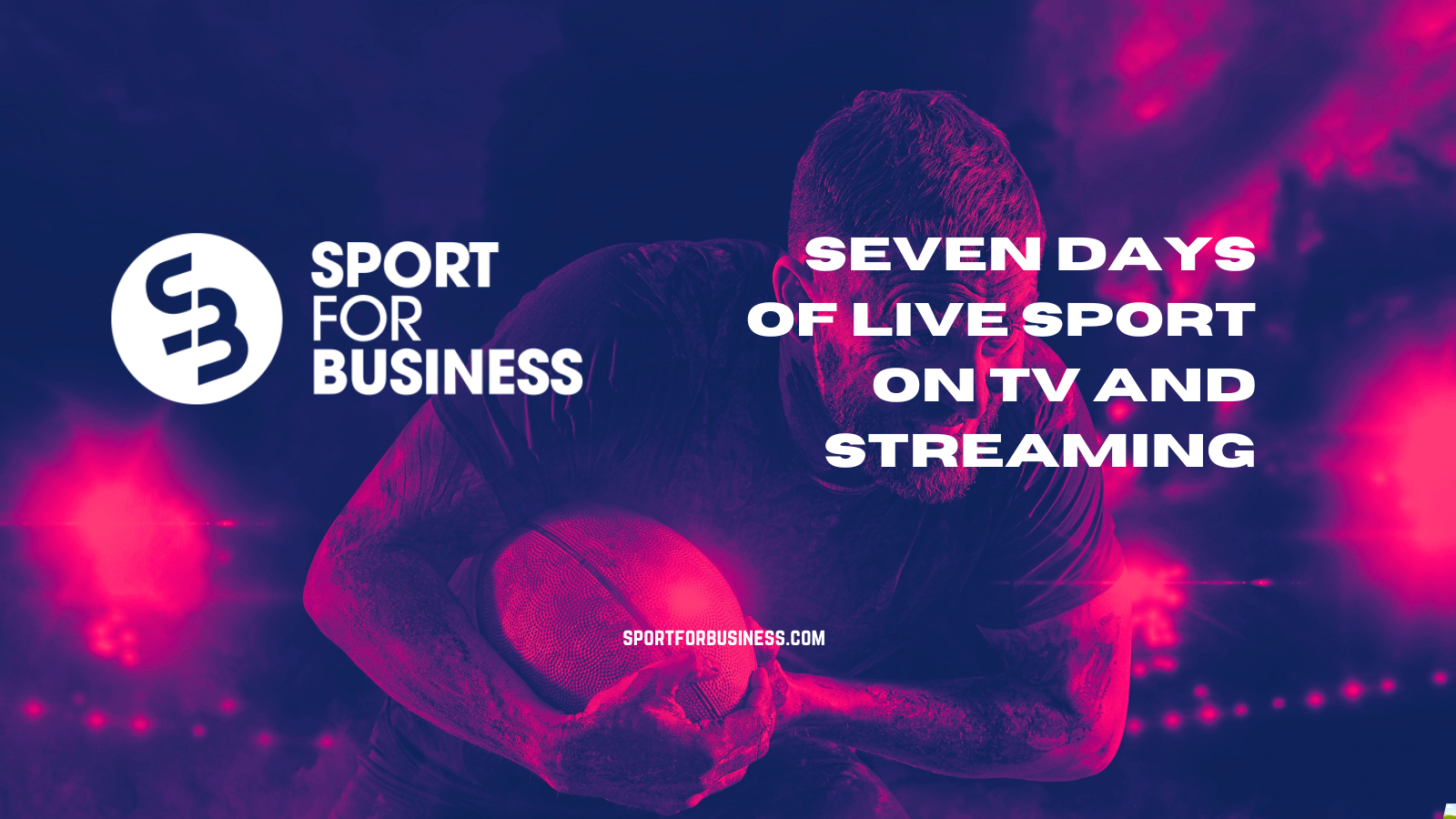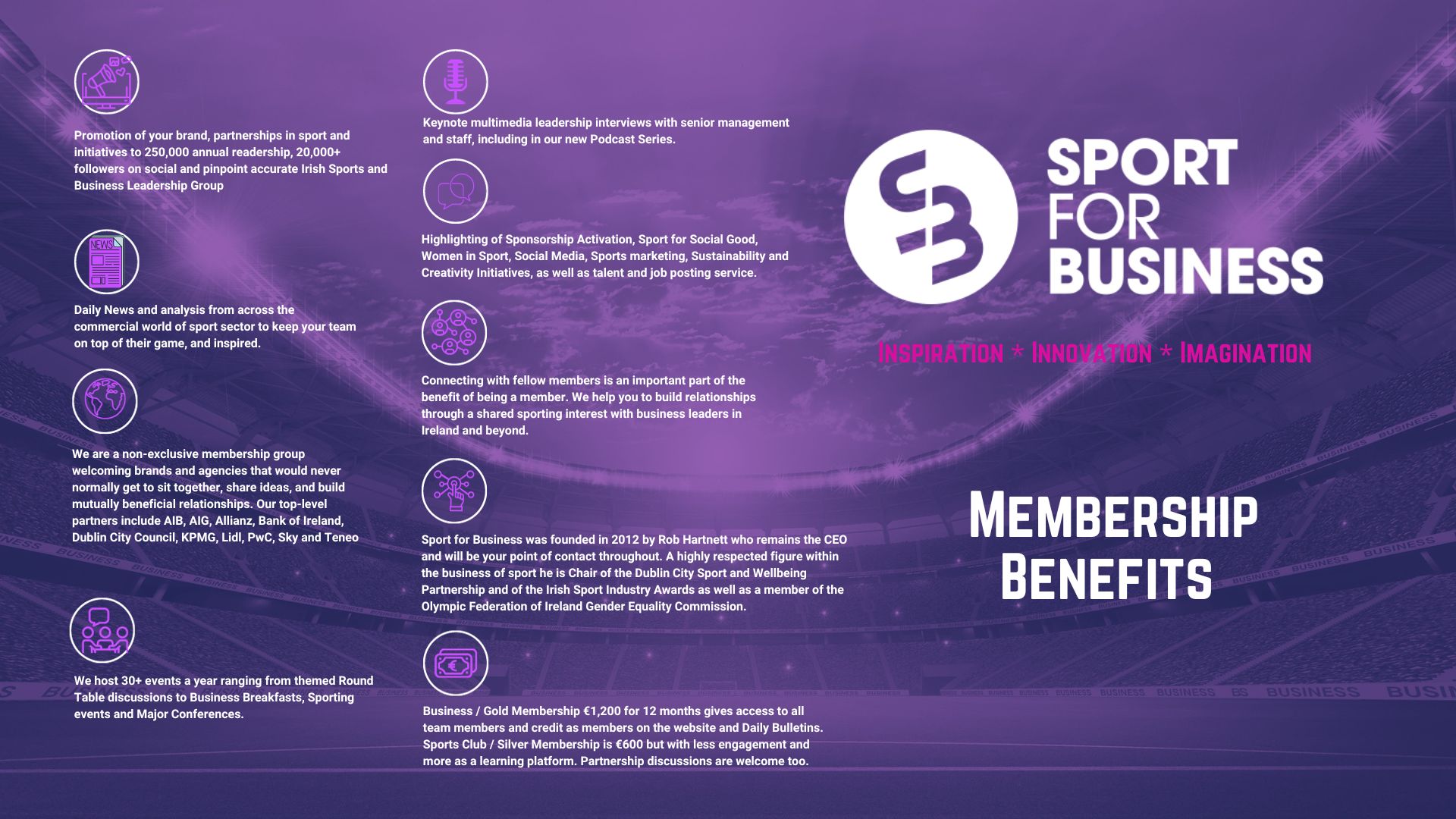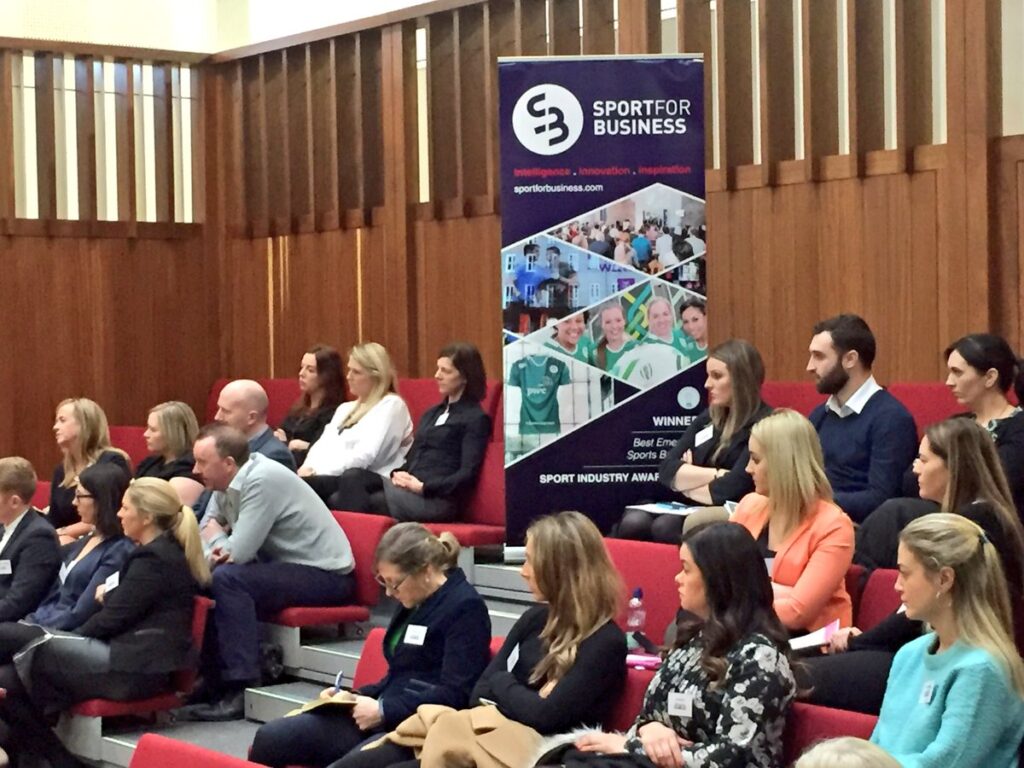
Yesterday’s Sport for Business Women in Sport Conference did its best to ensure this would not happen. We heard from a wide range of speakers on areas from media and sponsorship to taking up positions of authority and what we have to do to keep sport in the minds of young girls through our education system.
We dipped into politics and psychology, saw some winning figures in terms of the accelerating appeal of Women’s Sport to brands and audiences in Ireland and around the world and much more besides.

On Tuesday we will look at the challenges that are still present in terms of representation in positions of influence, decision making and authority and join Su Carth in reflecting that she “says yes and then later deals with all the rubbish in her head that was telling her to say no.”
On Wednesday we will look at the education issue and explore what smart and energetic people like Paddy O’Reilly and Jessica Myles are doing to change the story of 1 in 2 girls giving up sport by the age of 13.
On Thursday we will share some of the international material we gleaned from Lynsey Duncan of Nielsen Sports and from the way in which Lidl have developed their partnership with Ladies Football.
Take a look back here on some of the material shared on social media through the day when #SfBWomenInSport was among the Top 10 trends in Ireland for 24 hours. Thanks to Niamh Tallon who helped out with our own social profiling yesterday and did a stellar job.
We will start at the end though with this review from the ever eloquent Cliona Foley in today’s Irish Examiner of the thoughtful, thought provoking and ultimately challenging conversation we had with Sarah Keane to close yesterday’s event and reinvigorate what we all, or at least those with a passion for fairness, need to keep doing and keep doing better over the next twelve months.
Despite them getting far greater visibility in recent years, the president of the Olympic Council of Ireland (OCI) Sarah Keane has warned that women in sport are “in danger of losing our audience”.
She fears that the equality debate has now switched to areas like gender and race before solving the problems in sport.
“I talk to a lot of men in sport who feel ‘come on ladies, we’ve heard this now, you’re doing fine, we need to move onto other equality issues’, whether that is racism, or diversity, or LGBT,” the OCI president told the annual Sport for Business Women in Sport conference in UCD yesterday.
“Of course the diversity conversation should be there,” she said. “But we have to make sure that equality for women in sport is kept firmly on the agenda because that battle is far from over.
“There’s been a lot of strides made,” she accepted, citing Joy Neville winning World Rugby’s ‘Referee of the Year’ award this week.
“But I’m afraid people will say ‘that’s great, that’s been done now.’ How many women are behind her?” Keane asked.
“Is she on her own up there? Are there programmes there to ensure other female referees come through? It’s the same with women on boards and in leadership. There are more yes, but, in the biggest sports in this country, there are next to no women on those boards still, or in any real leadership positions. In my view, the fight is far from done.
“Women are different from men and we have to acknowledge that,” she continued.
“My experience is that women need more training to put themselves forward (in sports’ leadership) and need more support in that.
“I have a concern that because you’re seeing more athletes that people will think everything is fine now. We are seeing more of GAA players, for example, but people forget that their schedule is always made after the men’s.
“The GAA still gets how many more millions than their female equivalent? Why aren’t they all the same organisation and all treated the same? I think that is getting missed,” she stressed. “We’re seeing a shift in what people are talking about now in terms of equality but the job is far from done for equality for women in sport.”
Rob Hartnett of Sport For Business said he had noticed a slight shift in approach by some sponsors.
“I was approached by an organisation interested in sponsoring an event,” he said. “It was meant to be a women in sport event but they wanted to sponsor diversity in sport. Diversity is a good corporate buzz word but it’s a much wider thing and, in a sense, it pushes this debate further away.”
Keane fears that the improved visibility of female athletes, and the increased numbers watching and supporting them, is starting to mask the inequalities they still face. This year’s ladies Gaelic football final attracted a record 46,286 supporters in September and the documentary on Dublin’s winning team – ‘Blues Sisters’ – attracted an average viewership of 237,900 when it aired on RTÉ this week.
The conference also heard about the growth in viewing figures across the channel from Lynsey Douglas of Nielsen Sports. She revealed that 149.5 million people watched Uefa’s European Women’s Championships in Britain this year, second only to Britain’s television audience for Wimbledon (274 million).
The third most watched sport event was the women’s Cricket World Cup (87.4 million) and fifth was the women’s rugby World Cup (33.9 million) behind Formula One (53.8 million).
This compares with audiences for the men’s rugby’s European Champions Cup (28.8m), the Lions Tour (25.2m) and golf’s last Ryder Cup (20.9m). Whilst the fact that the latter three events were all televised on satellite channels as opposed to free-to-air, the figures nevethless indicate a surge of interest in women’s team sports.
In Ireland, the 2017 comparative viewing figures were also very positive.
TG4’s coverage of the All-Ireland ladies’ SFC final attracted 303,800 compared to an average of 327,662 for men’s championship matches on RTÉ.
The women’s rugby World Cup final in Belfast attracted a TV audience of 95,710 on RTÉ and Ireland’s pool games were watched by 156,534 while the average viewership for rugby’s PRO12 games on TG4 last season was 68,774.
The chief executive of Ladies Gaelic Football Helen O’Rourke was among yesterday’s speakers and confirmed that their 2018 All-Ireland finals will take place a week earlier than usual.
As ever if you like great sports writing and features with a difference treat yourself to the Saturday edition of the Irish Examiner. Always a great read.
Special thanks to UCD, to Lidl and to Liberty Insurance for helping to make yesterday’s event possible, to Joanne Murphy for a great job as MC, to Niamh Tallon for the social media profiling and especially to the speakers and attendees who gave of their time because they care enough to think about how we can do better.
In 2018 Sport for Business will host 20 events linking sport and business in ways that make a difference to how we all do such a great job, as well as producing our Daily News Digest covering the commercial world of Irish sport.

